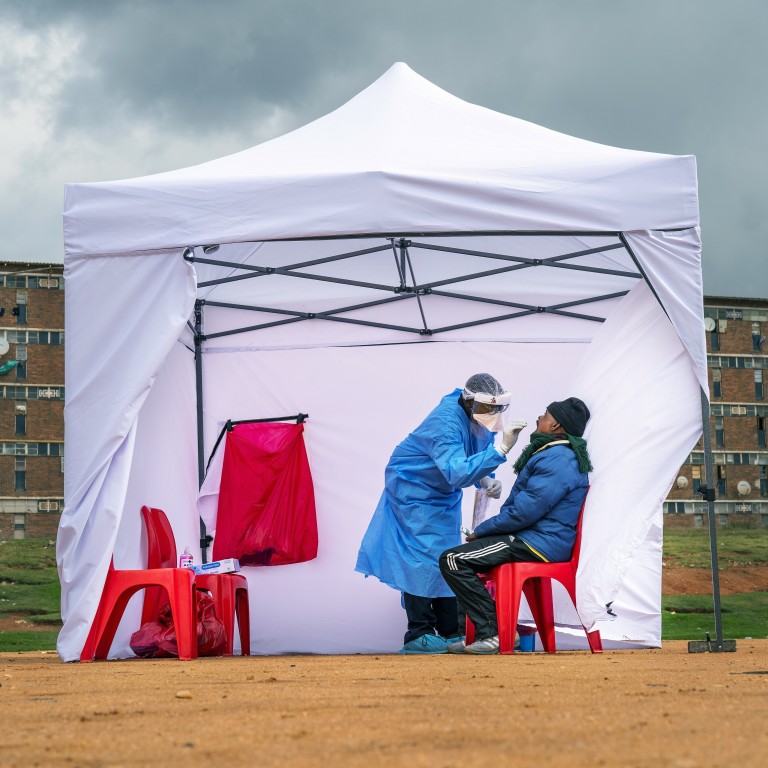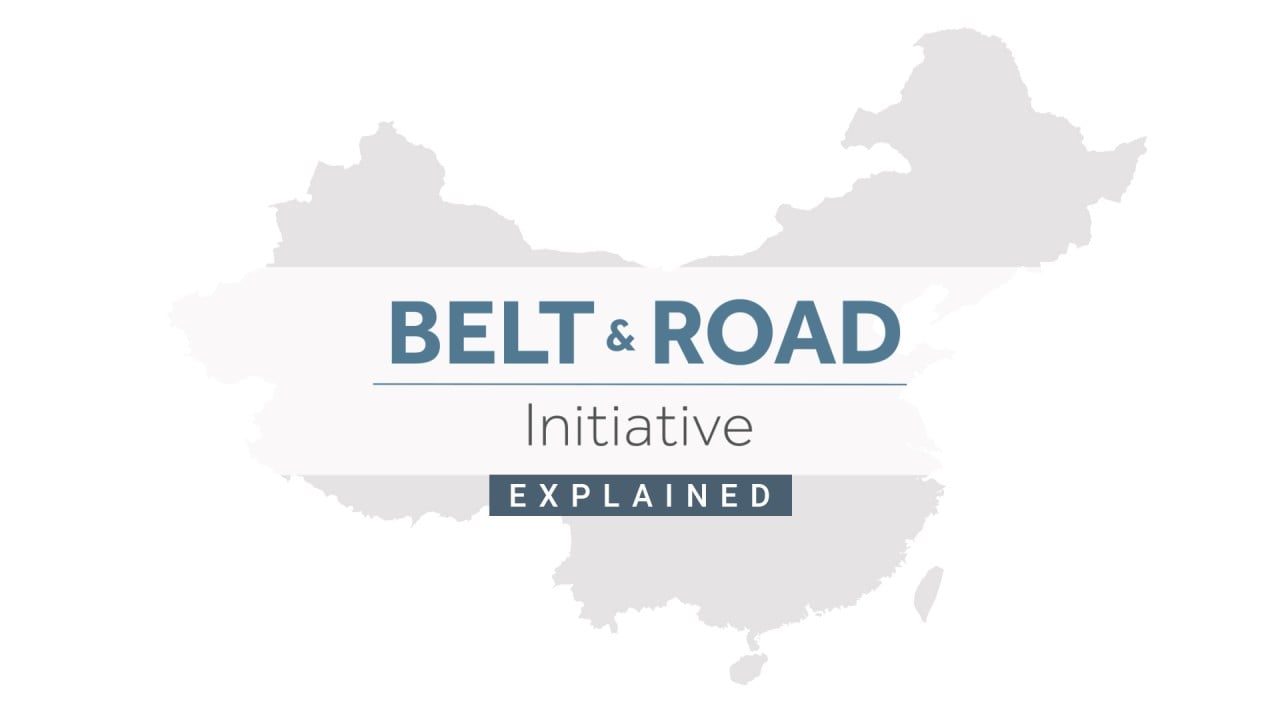
Coronavirus pandemic to spur Chinese investment in green projects in Belt and Road Initiative countries, Moody’s says
- The crisis will provide new opportunities for Chinese project finance lenders and telecoms, internet and e-commerce companies over the coming decade
- A greener BRI is likely to benefit Chinese lenders by diversifying their investment exposure
The coronavirus pandemic will accelerate investment in low-carbon and climate-resilient infrastructure, and projects that enhance digital connectivity and public health, in countries covered by China’s Belt and Road Initiative (BRI), benefiting Chinese project lenders and investors, according to Moody’s.
This is despite a decline in total financing by China to these countries, as the coronavirus crisis has dealt a heavy blow to the global economy and forced BRI governments to prioritise containing the virus and supporting households and businesses over financing infrastructure projects. Total financing amounted to US$23.5 billion in the first half of this year, compared with US$104.7 billion in the whole of 2019.
“The crisis will support rising demand for sustainable infrastructure and digital connectivity across BRI countries, providing new opportunities for Chinese project finance lenders and telecoms, internet and e-commerce companies over the coming decade,” the rating agency said in a report on Monday.
“With internet [use] well below global averages in most BRI countries, governments will increasingly focus on enhancing resilience to future lockdowns and economic disruptions by investing in the digital economy,” it added.
The seven-year-old development initiative is a brainchild of Chinese President Xi Jinping and now covers about 139 countries with about 60 per cent of the world’s population. It helps fund infrastructure in emerging markets in Southeast Asia, eastern Europe, eastern and central Asia, the Middle East, Africa and South America, besides fostering trade and connectivity. China has overseen more than US$700 billion in reported contracts and investment in BRI countries since 2014, according to Moody’s.

01:25
Xi sets tone for future Belt and Road development at Beijing forum
Renewable energy projects already accounted for about 58 per cent of new BRI contract values in the first half of this year in about 80 BRI countries that Moody’s tracks, up from 18.5 per cent in 2014, it said.
“A greener BRI is likely to benefit Chinese project finance lenders, including development and commercial banks, by diversifying their investment exposure,” Moody’s analysts said. “We also expect greater policy and institutional support for sustainable infrastructure, reducing regulatory and legal risks.”
Some fossil fuel projects in BRI countries have stalled because of legal challenges and pressure from environmentalists.

02:35
Belt and Road Initiative explained
For instance, major investors including Japan’s Marubeni and Korea Electric Power Corporation this month withdrew from a consortium developing the Thabametsi coal-fired power plant that South Africa needs to tackle a severe power shortage, in the face of strong opposition from environmentalists, Reuters reported.
A Kenyan court last year ordered that construction of the country’s first coal-fired power plant, made possible by US$2 billion in export financing from the Industrial and Commercial Bank of China, be halted on environmental grounds.
Moreover, Japan and South Korea last month vowed to become carbon-neutral by 2050, a month after China’s pledge to do so by 2060.
Years before China’s Belt and Road plan got its name, Huawei was driven to seek emerging-market contracts
The pandemic has adversely affected about 40 per cent and seriously affected about a fifth of BRI projects, according to a June survey by China’s ministry of foreign affairs. It has delayed the expected completion of the US$6 billion Jakarta-Bandung high-speed railway extension project by two years, Reuters reported. The project was originally expected to be operational by early next year, by a consortium of Chinese and Indonesian state companies building it.
Meanwhile, the Chinese government will continue to promote the “Health Silk Road”, a term coined by Beijing in 2017 to describe the potential supply of medical aid, equipment and services in BRI countries, according to Moody’s analysts. “In the wake of the pandemic, this strategy has taken on greater significance and may bolster Chinese influence in the global health care sector,” they said.

